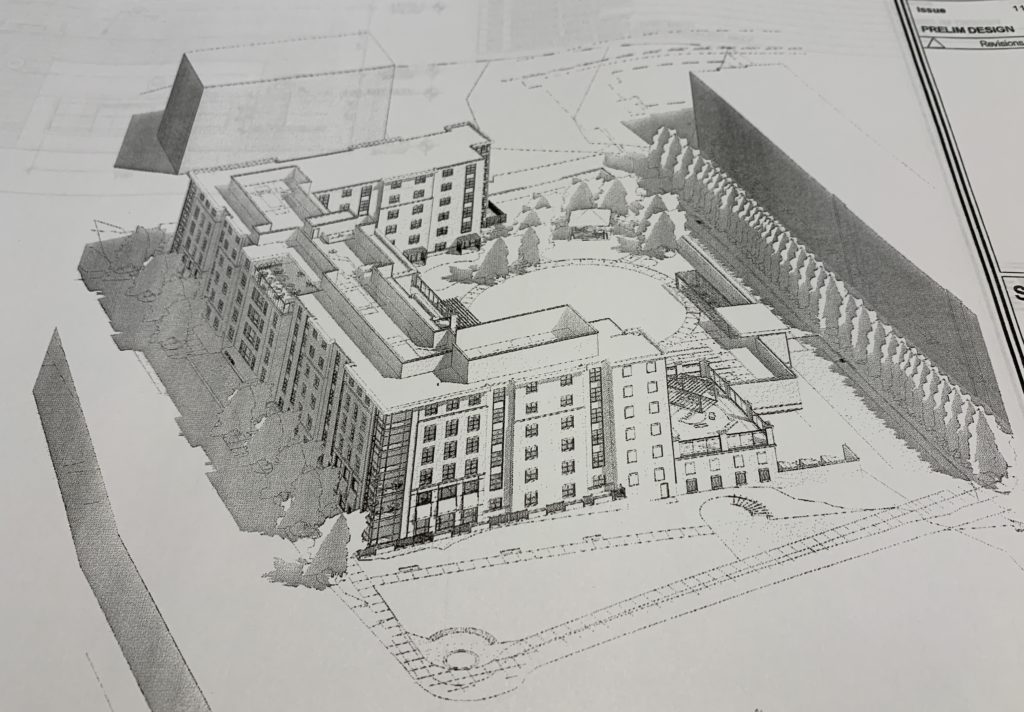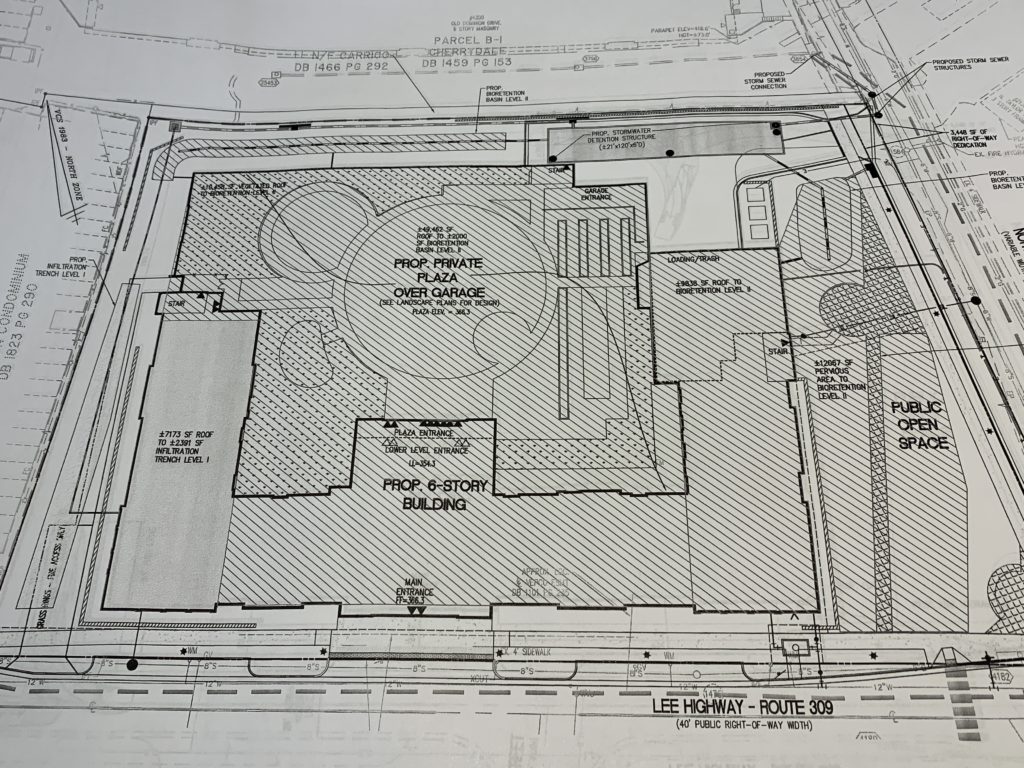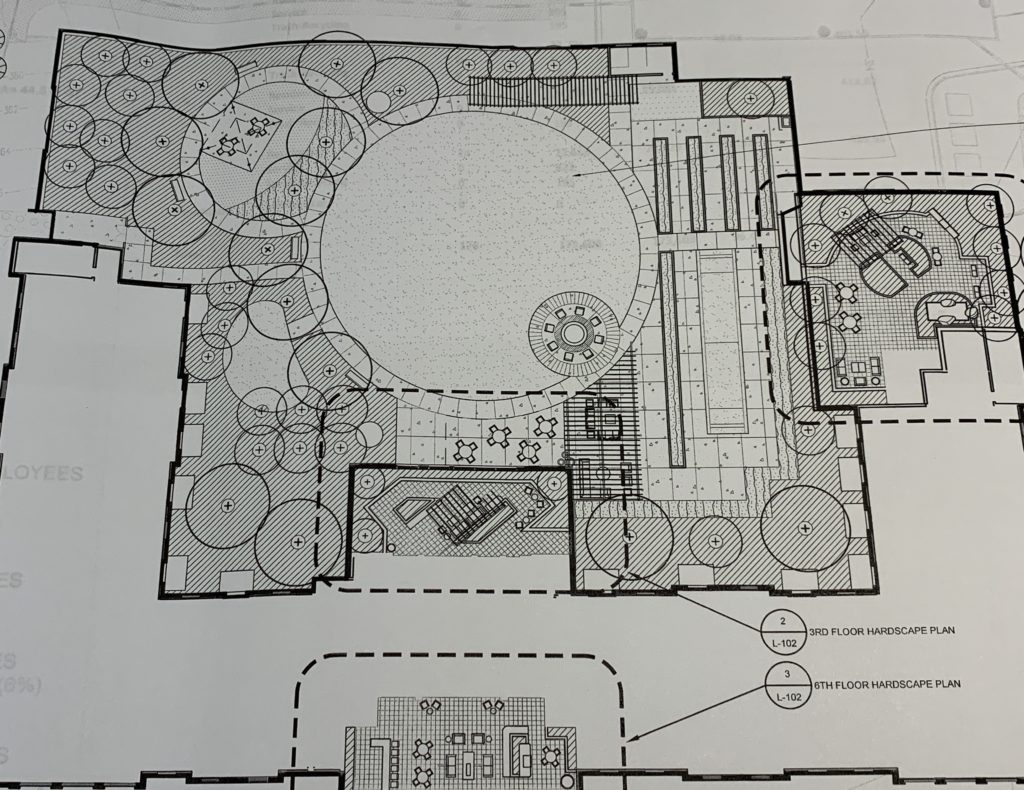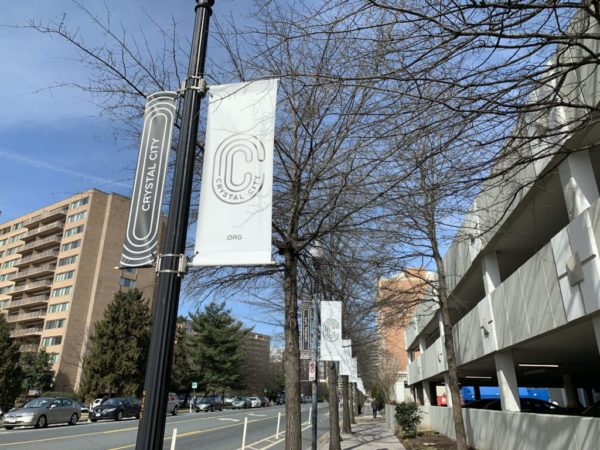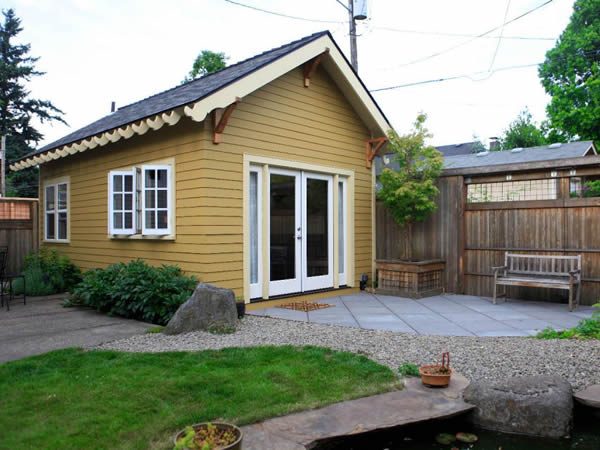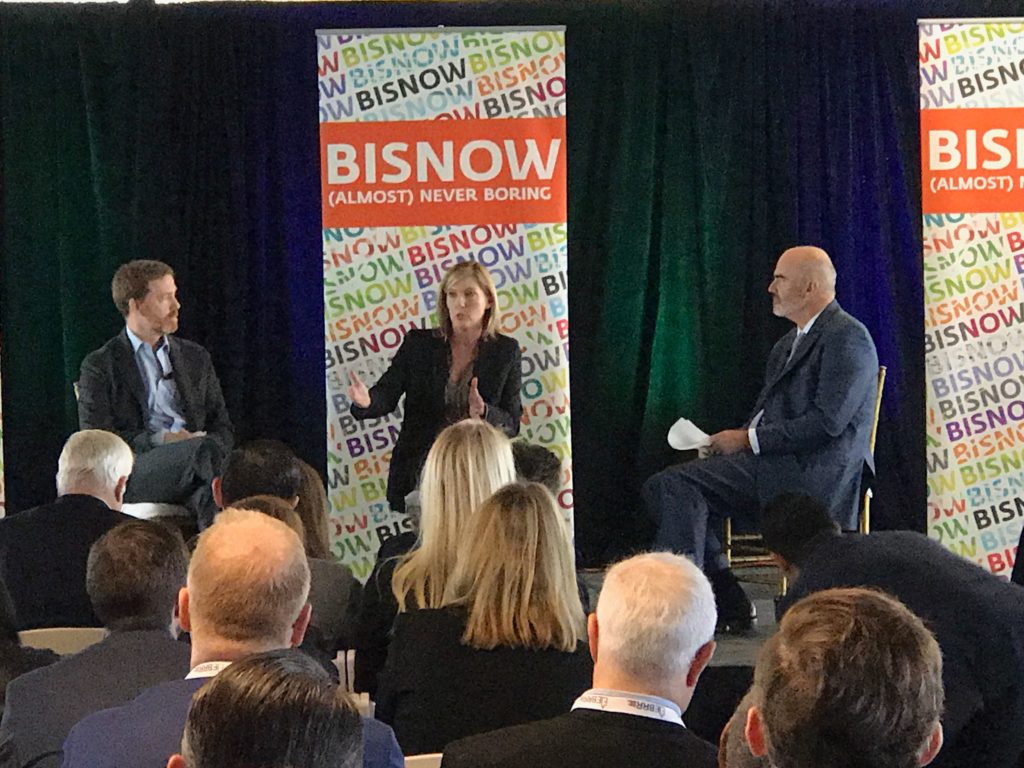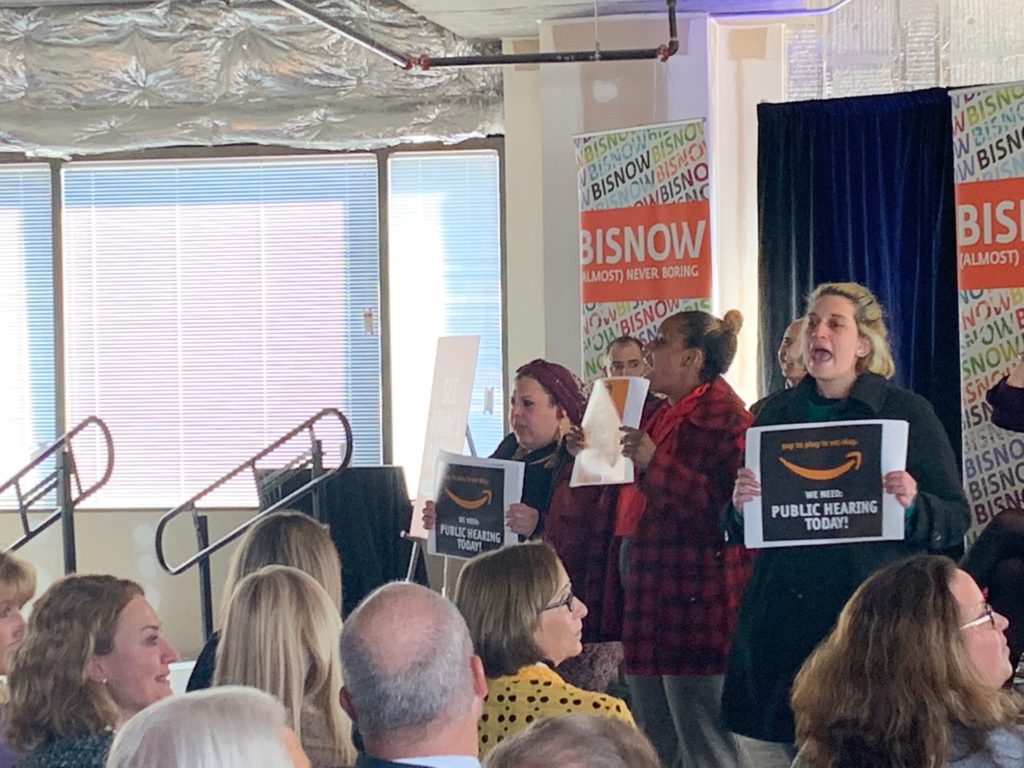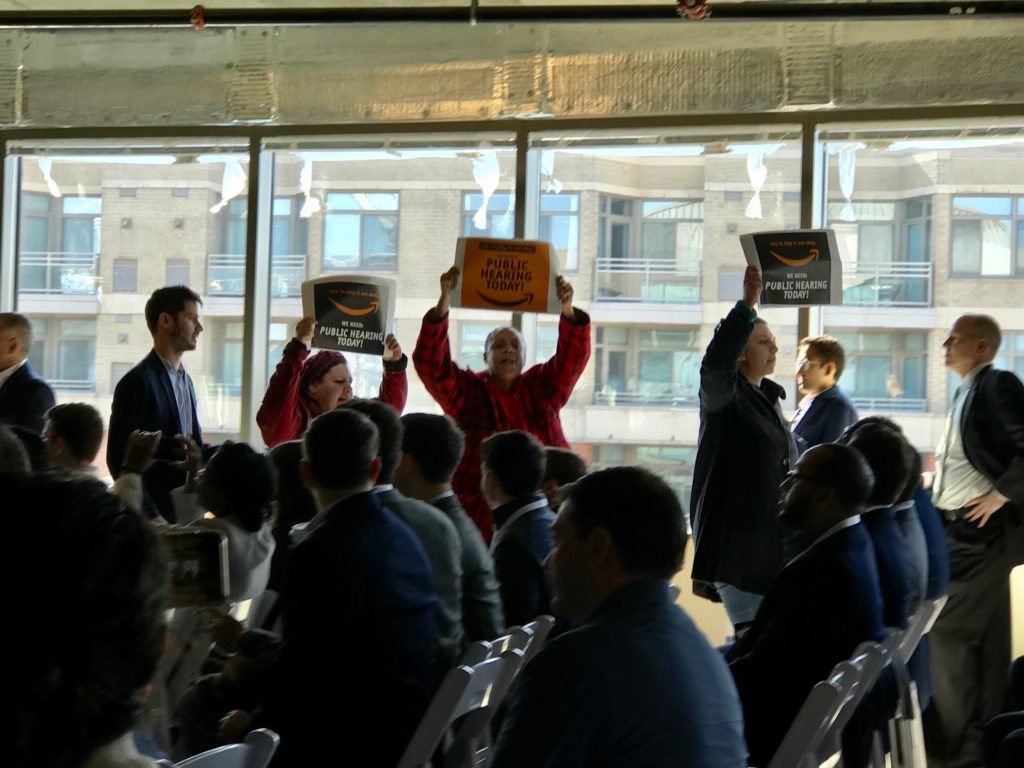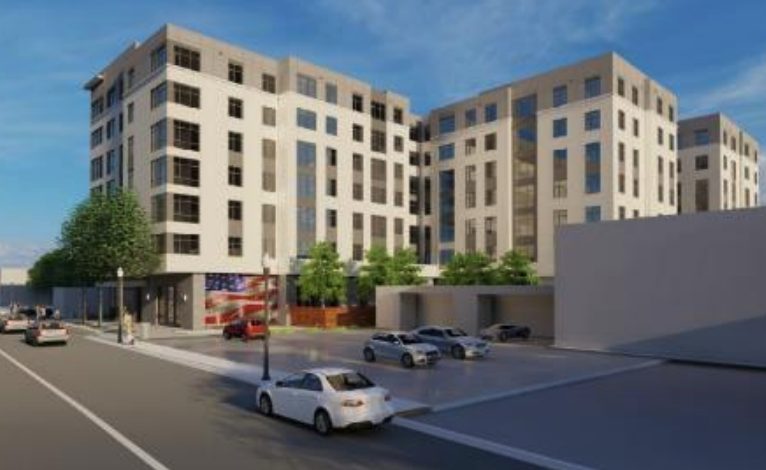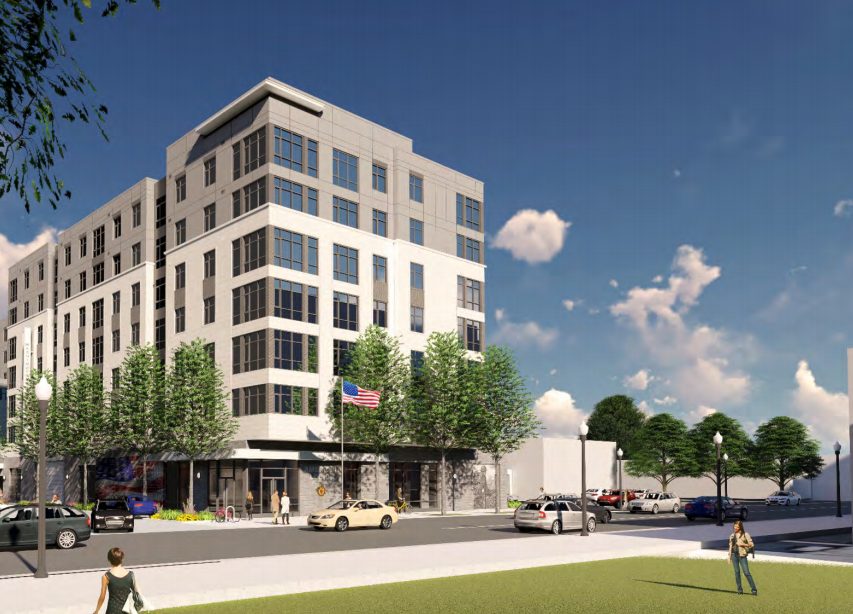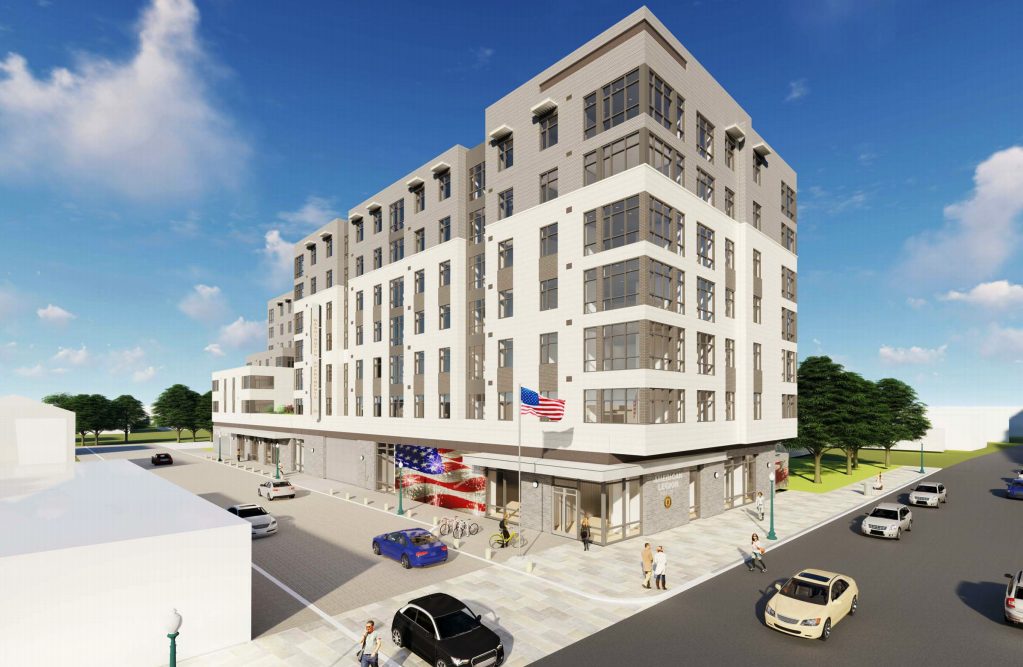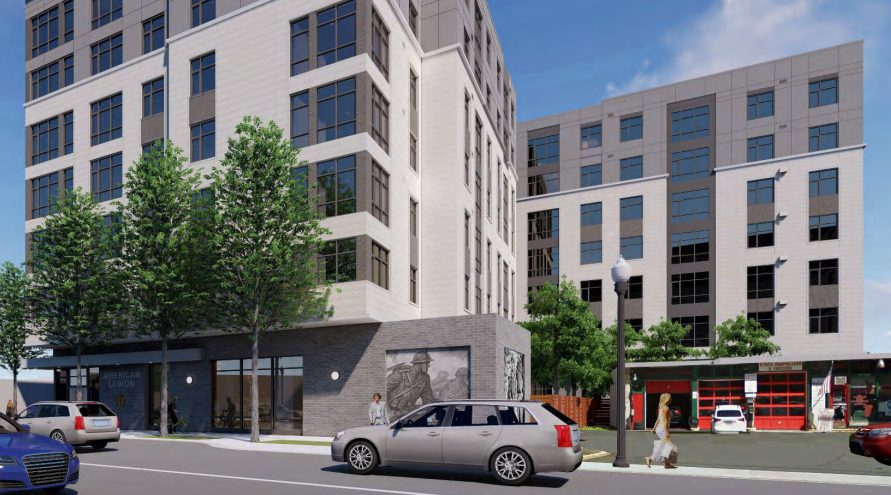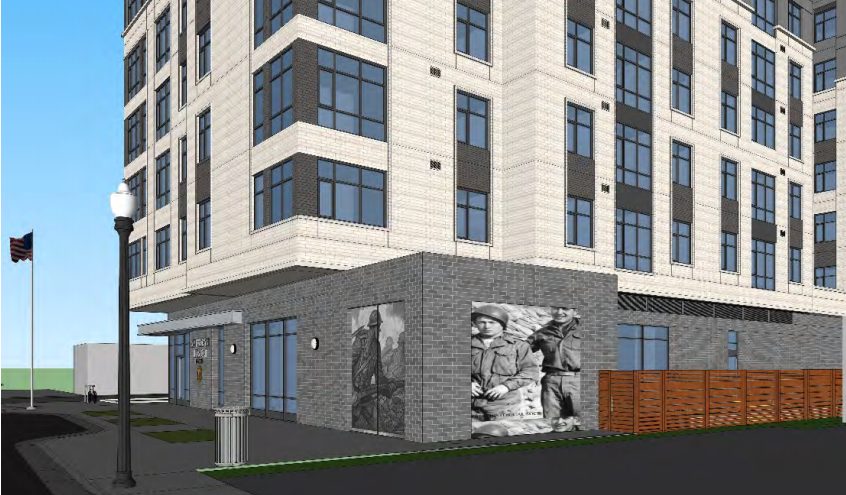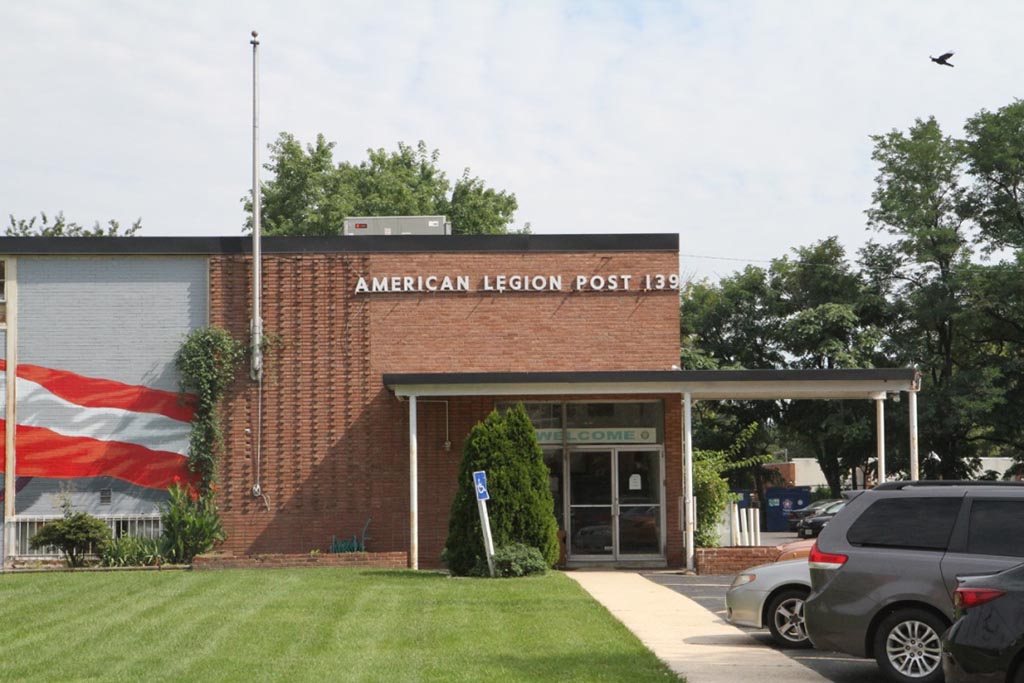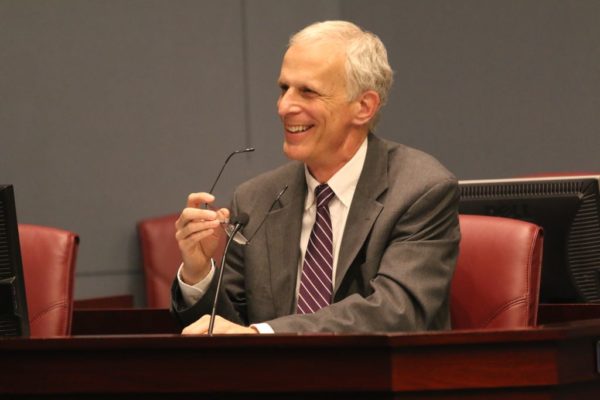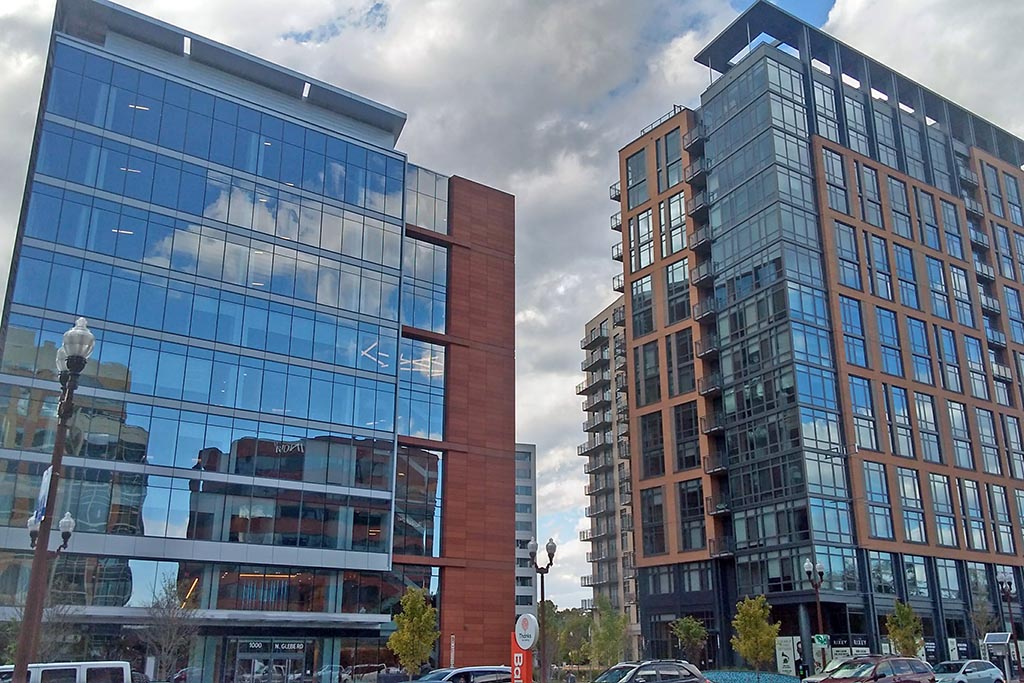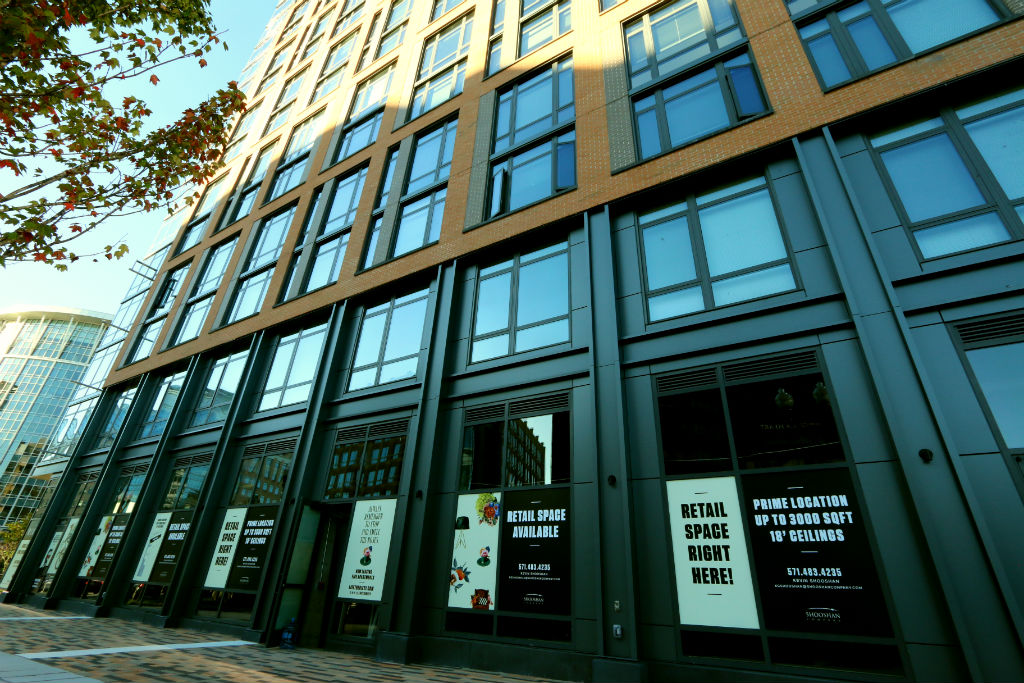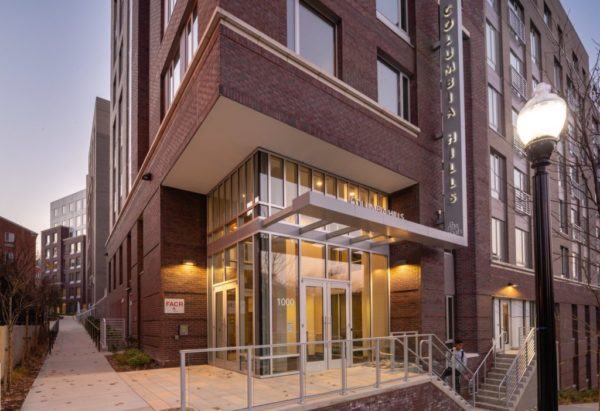Arlington officials have pitched Amazon on a program to help the company slash its business license tax burden when it sets up shop in Pentagon City and Crystal City — but the county is also admitting that Amazon could avoid that particular tax altogether.
Should an incentive package designed to bring the tech giant’s new headquarters to Arlington win county approval this weekend, Amazon will still be subject to all manner of local levies. In particular, officials are counting on real estate tax revenues from the company to generate an extra $342 million for county coffers over the next 16 years.
But it’s an open question how much in business license taxes — a levy known as the “Business, Professional and Occupational License” tax or “BPOL” — Amazon will actually need to pay. It’s an issue that’s fueled outrage from local Amazon critics, who argue that the county shouldn’t be offering tax breaks to an extremely valuable company owned by the world’s richest man, which has already successfully avoided paying federal taxes for the last few years.
Documents show that county officials have already marketed Arlington’s “Technology Zone” program to the company, an incentive program that could help Amazon slash its BPOL burden by as much as 72 percent for the next 10 years. It’s unclear whether Amazon might qualify for the tax break, but county staff say it’s also a possibility that the BPOL tax might not apply to the company at all.
In a report prepared for the County Board ahead of this weekend’s vote, staff wrote that Amazon “may be classified as a type of company that is not subject to BPOL at all, such as a retailer or wholesaler.” State law does indeed allow for a variety of exemptions to the tax, with organizations from banks to newspapers eligible to avoid the BPOL levy.
Or perhaps Amazon could avoid the BPOL tax because it’s levied on each company’s “gross receipts.” Staff write that “as a corporate headquarters and global company, Amazon may not have gross receipts attributable to the Arlington location,” largely due to where the sales in question might originate.
Christina Winn, director of business investment for Arlington Economic Development, says the county will examine “the point of sale” in making that determination. If the sales happen somewhere other than Arlington, the BPOL tax may not apply to Amazon.
“Taxes are very complicated, especially with these large companies where all their consultants are based in other places,” Winn said. “They’re based here, but they may be on site in some other state.”
Victor Hoskins, the head of Arlington Economic Development, previously told the Washington Post that other companies with large corporate headquarters in the county (like Nestle and Lidl) have avoided the tax for just that sort of reason. He said it “just hasn’t been the case for large global companies” that they’ve been subject to the BPOL rate.
Staff stressed in the report that they haven’t included any BPOL revenues in their projections of the company’s fiscal impact on Arlington, given the uncertainty over Amazon’s eligibility for the tax. Instead, the county has based its revenue assumptions on real and personal property taxes, hotel stay and meals taxes and sales taxes — Arlington is also counting on BPOL taxes from the company’s landlord in Crystal City, developer JBG Smith.
“Because it’s such a big company with many different lines of business, and they don’t know what businesses are coming into the Arlington facility, we just assumed zero for gross receipts,” Winn said. “We just felt like that was the most conservative and responsible way to model this project.”
Amazon will need to sort out these tax questions with county staff, likely involving the commissioner of revenue’s office.
If the company does qualify for the BPOL tax after all, it could still apply for the “Technology Zone” incentive, though that only applies for 10 years, and would slash (but not eliminate) Amazon’s BPOL tax payments.
If the county judges that the business units located at Amazon’s Arlington headquarters have “a primary function in the creation, design and/or research and development of technology hardware or software,” the company would qualify for the tax break. The program has gone relatively unused since it was last updated in 2014 — for full disclosure, ARLnow’s parent company applied for the tax break in 2015, but was rejected, despite approximately 20 percent of the company’s budget being devoted to web design, development and hosting.
“That incentive zone is there for any business, and Amazon can take advantage of it, if they want to,” County Board Vice Chair Libby Garvey said during an interview on WAMU 88.5’s Kojo Nnamdi Show Friday. “So, we’re really treating Amazon — as hard as it is to believe — basically, like any other business. So, we’re not telling them that every other business can make use of this tech zone incentive that we have and you can’t.”
The Board is set to vote on the incentive package at its meeting Saturday (March 16), including the heart of the proposed offer to Amazon: an estimated $23 million over the next 15 years, drawn from a projected increase in hotel tax revenues driven by the company’s arrival.
However, the county has recently conceded that number could go higher (or lower) depending on what sort of impact local hotels actually see in the coming years. Amazon will only be permitted to use that cash on building and furnishing its new headquarters.



